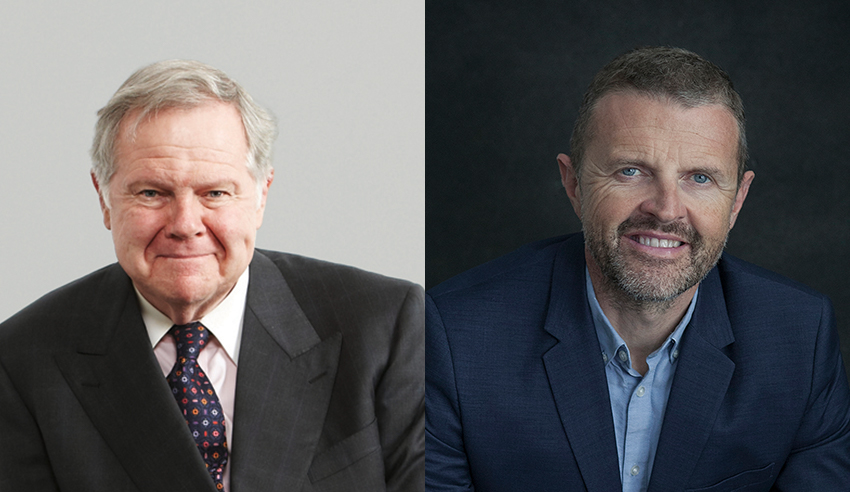Rethinking CX in the age of coronavirus
The fundamentals of client experience with legal professionals must remain steady, albeit with an eye to the evolving professional landscape, says one advisory firm.

Client experience, or CX, is a “cornerstone of professional services”, say Beaton Global executive chairman Dr George Beaton and partner Jon Huxley. Law firm clients who report having excellent experiences with their service providers are more likely, they say, to pay higher premium pricing, buy more services, make referrals and forgive mistakes.
To continue reading the rest of this article, please log in.
Create free account to get unlimited news articles and more!
Beaton research, the pair told Lawyers Weekly, shows that CX levels in law are “slightly ahead” of other professional services strands, such as accounting and consulting engineering.
“We have observed over the last few years, a number of law firms make very deliberate investments in lifting their client focus. This is starting to come through in our data. CX performance in law is relatively strong and also improving year on year,” the pair outlined.
“That’s positive news for clients of course and those firms driving this improvement. Of course, it also means that if your firm is not improving then you are effectively going backwards in the eyes of your clients.”
However, in responding to the age of coronavirus – and all it has entailed with regards to daily legal practice and subsequent delivery of client services – Mr Beaton and Mr Huxley observe that legal businesses are at “both ends of a continuum” in rethinking or adapting their approaches to CX.
“At one end, we have seen many firms lifting their CX focus even further. Rapid investment in innovation and digital transformation, enhanced levels of client communication and greater willingness to share IP and insights with clients have been areas many firms have placed focus,” they mused.
“At the other end of the continuum, there are examples of firms who have been slower to react to the need for client focus in COVID but they are in the minority.”
Beaton Global contends, they continued, that there are four fundamentals that can and should always be present in CX: onboarding and scoping, operational and work, outcome and deliverables, and ongoing relationships.
The first and fourth of the aforementioned phases, Mr Beaton and Mr Huxley posited, are where the legal profession must look to improve: “Clients are saying we would like more in these phases; perhaps unsurprisingly. Or, the way we like to put it, in phases one and four, there is genuine opportunity for firms to stand out from the crowd, whether pre-COVID-19 or post, whether big firm or small, in our view.”
Implementation of any of these four phases, however, is tougher in the “new normal”, the pair noted.
“The industry is now seeing lots of remote working, for obvious reasons. There is also data that shows partners are working longer hours than ever before. If these two dynamics become normalised, then they could both present issues for a firm’s CX focus,” they surmised.
“CX focus and delivering excellent CX requires time, effort and communication. Time to consider what’s important to your client and how you can set, manage and meet their expectations so your client remains a happy client.
“Communication and effort to ensure each member of a team is clear on their role in delivering excellent CX. If time is constrained and the ability to talk across the office floor is compromised then firms will need to develop new ways of ensuring they retain high levels of client centricity.”
This all said, “measurement” remains the most prominent opportunity for legal service providers when it comes to CX, Mr Beaton and Mr Huxley submitted.
“We see a growing number of businesses in all industries measuring their ‘employee experience’ with culture surveys, employee satisfaction surveys, etc. There is a simple and obvious rationale behind doing that, of course. We contend that the same rationale should apply to measuring client satisfaction,” they said.
“The savvy businesses we observe are using client satisfaction measurements as a key measure of business success. The leadership of a firm ought to be able to know through robust evidence, not anecdote, that ‘we have engaged employees and engaged clients’. If that is not the case, they should have real time data to inform what areas of the business need improvement.”






